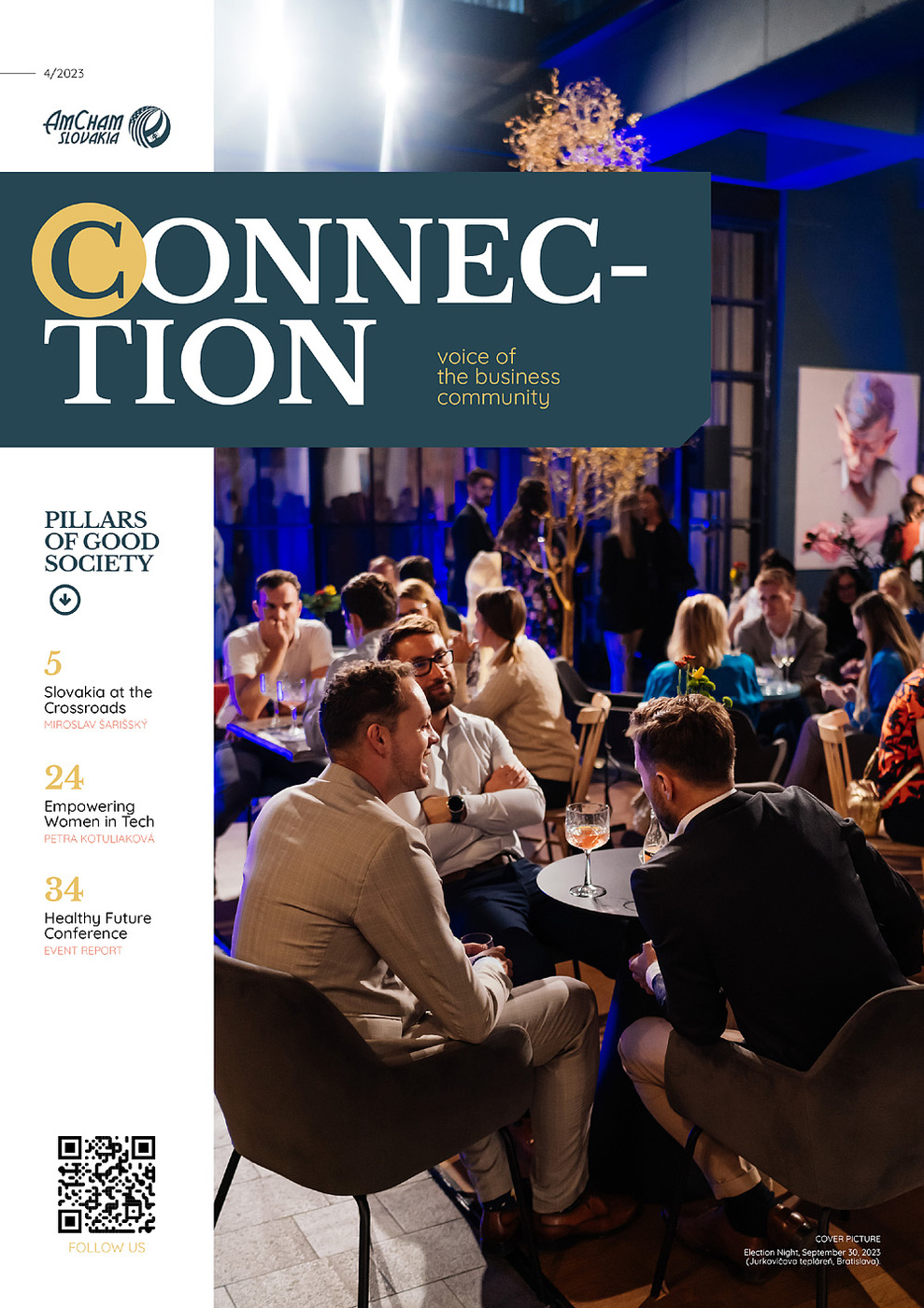Various political parties in Slovakia have proposed tax reforms to reduce the tax burden on work, promote economic growth, and create job opportunities. This objective has been a recurring promise in almost every Slovak election. The parties also intend to help businesses comply with tax laws while reducing the cost of tax administration.
SMER-SD, Republika, and SNS favor increasing taxes on sectors with excessive profits, such as banks and retail, while Hlas-SD wants to introduce price ceilings for commercial markups. SaS intends to decrease VAT to 19% along with income tax. Meanwhile, SNS has promised to lower taxes for tourism. Both liberal PS and conservative KDH agree on higher excise taxes on negative externalities such as sugar, alcohol, and tobacco.
Almost every party wants more digitalization in public administration. The current polls leaders, SMER-SD and Progresívne Slovensko (PS) are two major political parties in Slovakia with different visions for the Slovak economy. SMER-SD focuses on social aspects, such as protecting workers and consumers, while PS focuses on supporting businesses and innovation.
For instance, SMER-SD wants to limit night work, work on weekends, and public holidays while promoting domestic businesses and agriculture. On the other hand, PS aims to simplify tax laws and the business environment to support the circular economy and exports. HLAS-SD plans to introduce a family card that gives discounts on goods and services for families with children. All parties claimed to implement a long-term plan to consolidate public finances and reduce the deficit and debt.
KDH wants to create a single portal for businesses to access information on government support. At the same time, SaS plans to reduce the regulatory burden on businesses by following its anti-bureaucracy package process, improve competitiveness by cutting taxes, and prioritize deficit reduction. Sme rodina wants to increase state support for housing and families to provide more financial assistance for child care and education. Support for SMEs was mentioned by almost every political party. For SNS, Republika and KDH, family companies are one of the priorities. PS, KDH and SaS want to create a better environment for SMEs through a mix of education and streamlining administrative processes.
SNS focuses on promoting tourism and sports, creating a new Ministry of Tourism and Sport, regaining control of strategic enterprises, and increasing state support for agriculture and small businesses. All parties aim to simplify and streamline the tax system, making it more efficient and fairer. Finally, KDH, PS, HLAS-SD and Republika mention super-depreciation for research and development.
Migration and employment of people from third-world countries present a critical disagreement between liberal democratic and populist parties in Slovakia. Republika and SNS strongly oppose hiring migrants or enabling foreigners to start their own businesses. Conversely, KDH, PS, and HLAS-SD believe that making the work application process more accessible, particularly for highly sought-after positions lacking in Slovakia, is necessary. There is a broad consensus on helping mothers during pregnancy, increasing compensation, and allowing for more flexible work contracts.
Investments in secondary and higher education, improving the quality of education, and adapting education to the needs of the labor market are common goals in the school system. However, the methods of improving the system differ. SMER-SD proposes a six-month study-abroad program. PS has an ambitious reform to modernize the organization of secondary schools and general and vocational education content. Together with far-right Republika, they propose better funding to improve teacher salaries. Aliancia aims to have more Hungarian schools in Slovakia to support the Hungarian minority. SaS wants to provide options for non-continuing bachelor’s programs following the EU trends and reducing the dependence of university funding on the number of students. HLAS-SD intends to support the creation of two large university centers in Slovakia and adopt a new university law that focuses on supporting the quality and innovation of scientific outputs.
SMER-SD, Hlas-SD, Republika and SNS want to return state ownership of strategic energy companies, such as electricity and gas companies, and reject further privatization in these areas. The party believes that this will help to protect consumers from high energy prices and ensure the reliability of the energy supply. PS wants to reduce fees in electricity prices, facilitate domestic electricity production, and decarbonize the Slovak industry. The party believes these policies will make electricity more affordable and will help reduce the country’s reliance on imported energy. Republika and KDH want to increase the country’s energy security by reducing its dependence on imported energy. They support the development of nuclear power and renewable energy. SaS also supports nuclear power and wants to make it more efficient, and this should be done by building a new nuclear power plant in the east of Slovakia. SNS is focused on reliable energy supplies and affordable prices. Both Republika and SNS vowed to cancel sanctions against Russian oil and gas. Aliancia wants to help households reduce their energy consumption.
Enhancing the quality and accessibility of healthcare in Slovakia is a top priority for all political parties. PS has set its sights on modernizing the healthcare system and streamlining its operations, while Republika is focused on reducing costs while simultaneously enhancing efficiency. KDH and SaS prioritize preventative measures and health promotion while also working to address affordability concerns. SNS is committed to ensuring that all regions of Slovakia have access to quality healthcare services. PS and KDH are also emphasizing the digitalization of the healthcare system.
Although the parties have proposed specific reforms in their election programs, the final government policy statement will ultimately depend on the coalition partners. Given the current polls, it is uncertain which party will form the next government of Slovakia.
Matej Beňuška, Managing Partner, PA Matters



Follow us